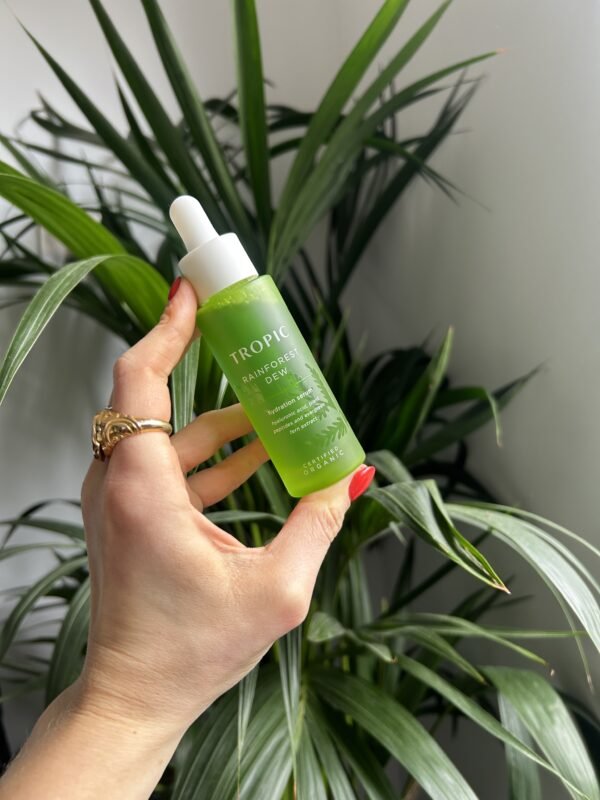
Strengthening the Skin Barrier: Tips for Optimal Recovery
The skin barrier is the body’s first defence against external irritants, pollutants and moisture loss. It consists of lipids and skin cells, which maintain skin hydration and protection. If the barrier is impaired, dryness, sensitivity, redness and even breakouts can ensue. A strong skin barrier is crucial for overall skin health, protecting your skin from signs of premature ageing and inflammatory responses. La Roche Posay Cicaplast type products help the skin heal by promoting its natural defences, and these products can be a great addition to any skincare routine.
The skin barrier also helps maintain the skin’s microbiome, the collection of friendly bacteria that supports skin health. Once the barrier is intact, it prevents moisture loss and the invasion of pathogenic organisms. However, when weakened, the skin is more susceptible to environmental aggressors, resulting in heightened sensitivity and irritation. This is why a skin barrier was formed in the first place and why its health is fundamental to long-term skin health.
Common Causes of a Damaged Skin Barrier
There are any number of things that can cause the skin barrier to weaken. However, over-exfoliating, using too-aggressive skincare products, and being overexposed to environmental stresses, like UV rays and pollution, can deplete the skin of its natural oils. Chronic skin conditions such as eczema, rosacea or acne also can contribute to barrier destruction. Seasonal changes and inadequate hydration can help sap the skin’s defences. Recognising these triggers is essential in restoring and upholding a healthy skin barrier.
Incorrect skin care products also play a big part in causing barrier damage. Many people mistakenly use alcohol, synthetic scents and other harsh chemicals in products that can throw off the skin’s natural balance. In contrast, products like La Roche Posay Cicaplast are designed to support barrier repair by providing soothing and protective ingredients. Additionally, vigorous cleansing regimens that require scrubbing or foaming cleansers with sulfates can eliminate the skin of its protective oils, making it more vulnerable to damage.
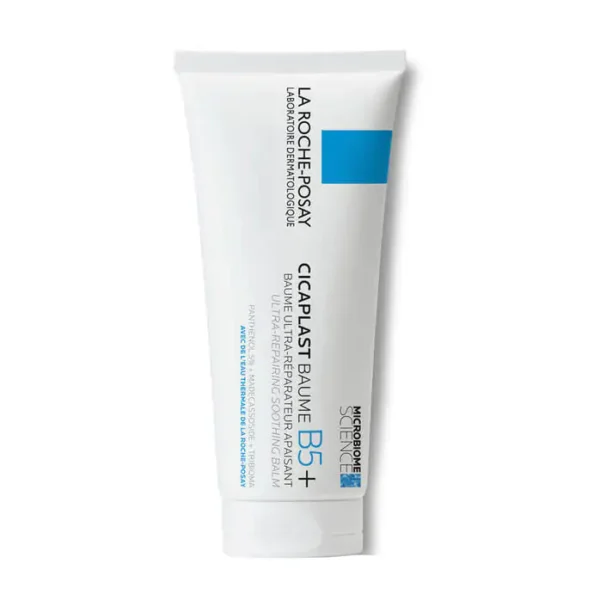
Ingredients That Support Skin Barrier Repair
Repairing and strengthening the skin barrier are the hallmarks of several skincare ingredients. Ceramides, fatty acids, and cholesterol help replace lost lipids, restoring moisture balance. Hyaluronic acid draws in and locks in moisture, and niacinamide calms irritation and decreases redness. Panthenol is an ingredient found in many skin care formulations and assists with healing by encouraging skin cell turnover. Make products that include these actives to strengthen the skin’s barrier function.
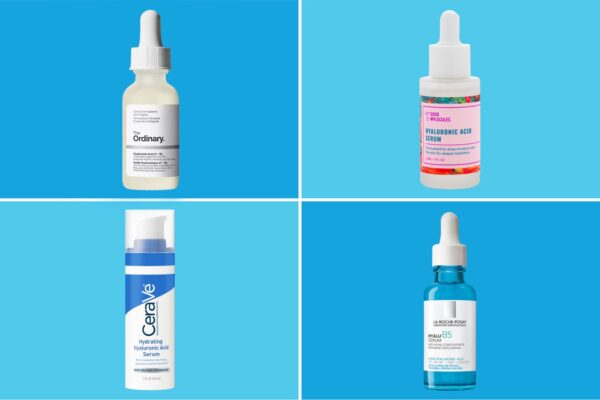
Antioxidants like vitamin E, green tea extract, and resveratrol also protect the skin from oxidative stress from free radicals. Such ingredients help the skin repair itself more quickly and limit new damage. Peptide-rich skincare products can also be effective, as peptides work to restore the skin’s structural integrity by increasing collagen production.
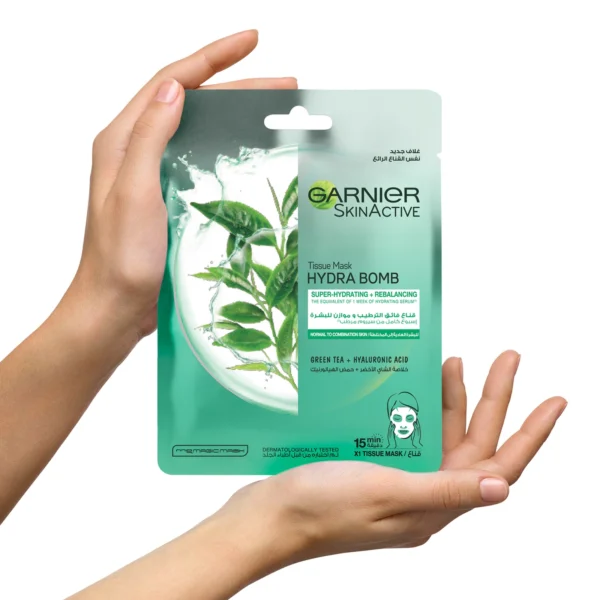
How to Restore and Maintain a Healthy Skin Barrier
When restoring a compromised skin barrier, the most critical thing you can do is be gentle with your skin. Opting for a mild, fragrance-free cleanser prevents further irritation, and keeping alcohol-based toners at bay minimises loss of moisture. Barrier-repairing moisturisers containing occlusives and emollients will seal in hydration while preventing transepidermal water loss (TEWL). Adding a nourishing serum can help the skin to heal from damage.
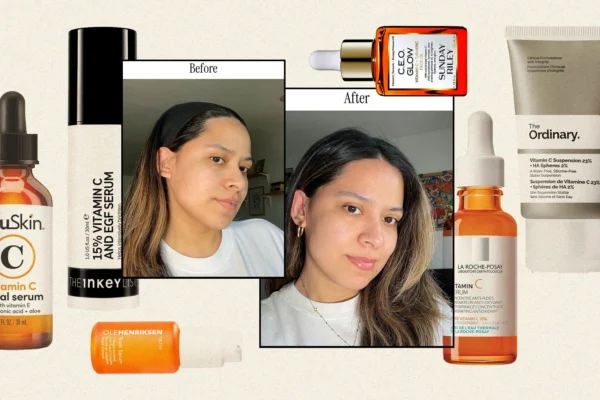
Hydration and Moisturization

For a barrier to be repaired, hydration is essential. Staying hydrated internally (by drinking adequate water) and externally (by applying hydrating skin care) can help prevent dryness and flakiness. Chemicals are layered correctly, e.g., using a humectant incident (hyaluronic acid) followed by an occlusive (moisturiser) to help lock in the moisture because consistency is key to having a strong and resilient skin barrier.
Beyond skincare, diet and lifestyle choices affect skin barrier function, too. Eating foods high in omega-3 fatty acids, like salmon, flaxseeds and walnuts, can help support the skin’s lipid barrier. Moreover, excessive caffeinated and alcoholic beverages will cause dehydration, which can also be avoided. Hence, the skin can also help to preserve moisture to do your skin a favour.

Sun Protection and External Defense
Regular protection of your car from harmful and inconvenient UV rays is a must-stop for further damage to your barrier. Wearing topical sunscreen daily with an SFP of 30 or higher broad-spectrum cream will protect the skin from environmental aggressors. Use physical sunscreens that contain zinc oxide or titanium dioxide, the best kind for sensitive skin because they can protect against sun damage without likely causing irritation to the skin. Donning protective clothing and avoiding sun exposure during peak hours can also help prevent the degradation barrier.
So, during the colder months, minimising exposure to irritants and harsh environments when you can will aid in keeping the skin barrier strong. It is vital to use good cleansing products each evening in an urban environment where pollution thrives, and they can thus speed up skin damage due to their proximity to these highly-expensive skin products. Using serums rich in antioxidants will help reverse the damaging effects of environmental aggressors.
Conclusion
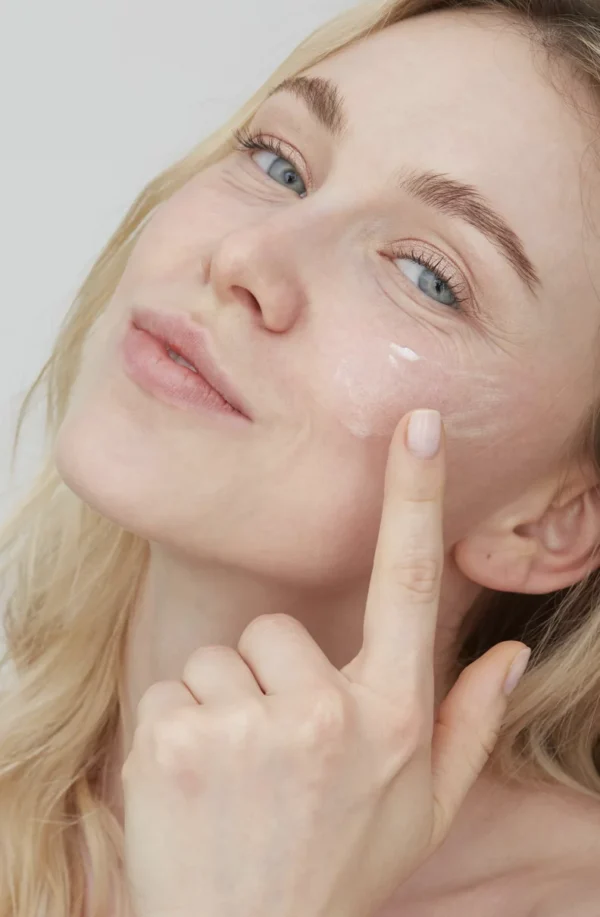
A healthy skin barrier is fundamental for overall skin health. Learning what causes barrier damage and following a skincare regimen that includes replenishing ingredients, restoration, and protection of the skin’s natural defences are achievable. Proper hydration, effective sun protective measures, and applying appropriate products can all make a significant difference in building barrier resilience. When the skin barrier is strong and functioning correctly, it enhances skin texture and protects against irritation and sensitivity for overall skin health and wellness. Being intentional with your products and finding ways to protect your face will help keep everything in harmony, and with the right balance, you’ll maintain firm and glowing skin.










































